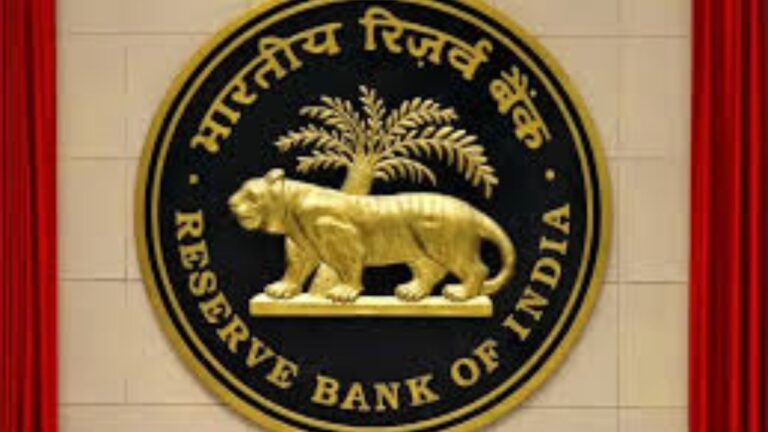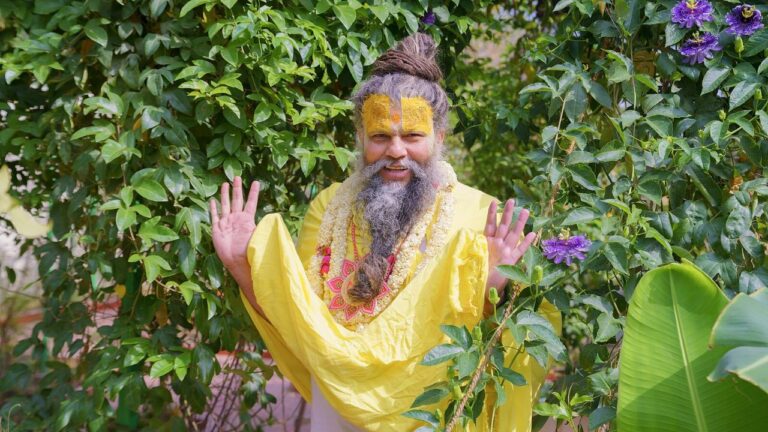
The Australian government has launched a nationwide public education campaign to help families prepare for a landmark law that will ban children under 16 from using social media platforms starting December 10.
Under the new rules, platforms such as Facebook, Instagram, Snapchat, TikTok, X (formerly Twitter), and YouTube will face fines of up to 50 million Australian dollars (around USD 33 million) if they fail to take reasonable steps to prevent users under 16 from creating accounts.
The initiative, announced by eSafety Commissioner Julie Inman Grant, includes resources on the official website — esafety.gov.au — offering guidance on the new laws, advice for parents, and tips on how to help children adjust. Public awareness messages will also begin airing on Sunday across television, radio, billboards, and online platforms.
Communications Minister Anika Wells said the reform was designed to give children more time to develop away from the pressures of social media.
“We want children to have childhoods, parents to have peace of mind, and young people to have three more years to learn who they are before platforms decide that for them,” Wells said.
While the move has been widely supported, it has also sparked debate. More than 140 academics from Australia and abroad previously signed an open letter criticizing the proposed age limit as “too blunt an instrument” to address online risks effectively. Despite the criticism, the legislation passed last year with strong bipartisan backing, giving social media companies a year to adapt — even though age verification technology remains imperfect.
Commissioner Inman Grant called the change a “monumental event” for many young Australians and urged families to begin easing children away from social media now. Her agency’s materials include checklists, conversation guides, and practical tips such as downloading memories, following influencers through websites instead of apps, and maintaining offline connections.
“We want to make sure they stay in touch with friends, keep access to their memories, and know where to seek mental health support when they’re not tethered to their phones,” she said.
Australia’s policy is being closely observed by other nations. Denmark’s Ambassador to Australia, Ingrid Dahl-Madsen, said her country would study the Australian approach as it explores similar measures. Denmark recently proposed a social media age limit of 15, though it may allow parental exemptions for children aged 13 to 14.
“This is a global challenge,” Dahl-Madsen said. “We’re looking to Australia for lessons as we work together to protect our children in an increasingly complex digital world.”
The December rollout marks the first time any country has imposed a national social media age limit of 16, making Australia a test case for how governments can balance child safety with digital freedom.





